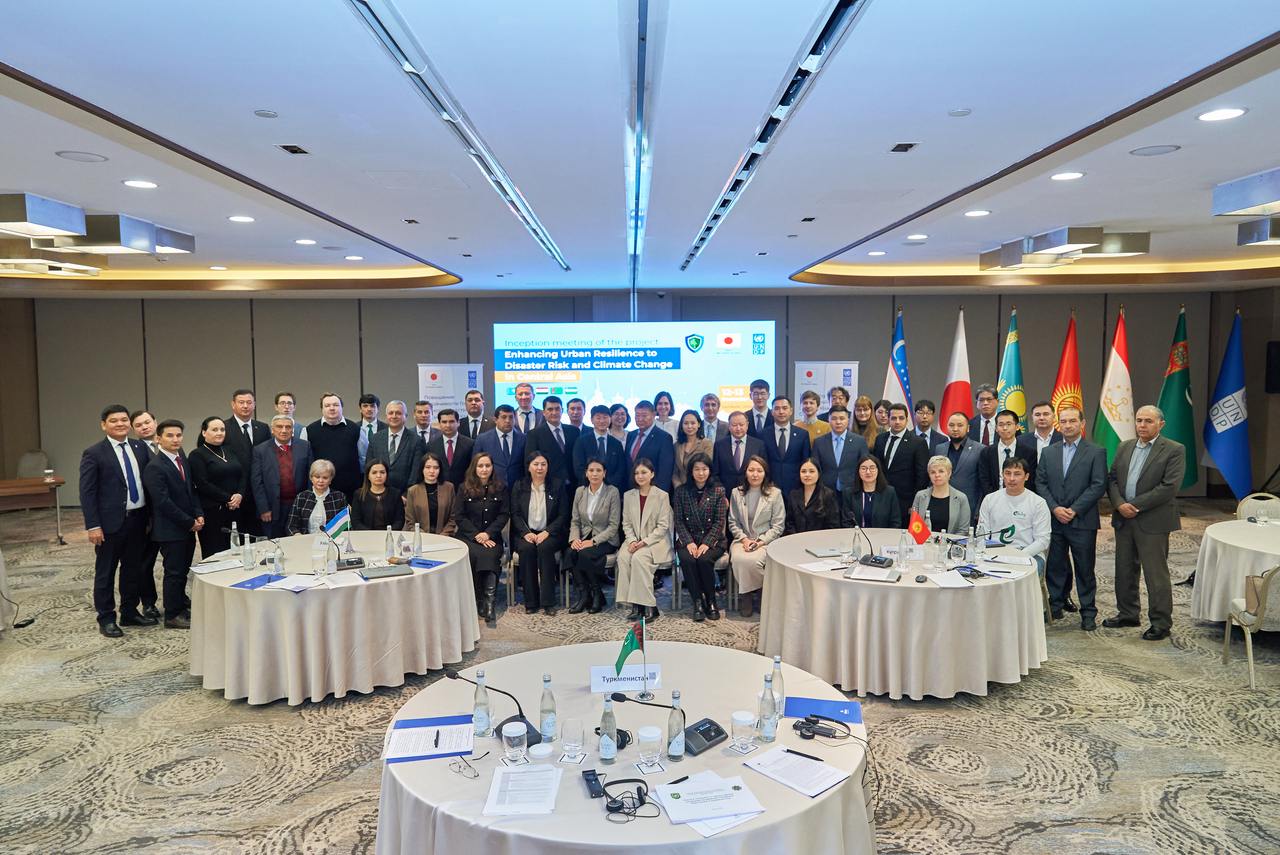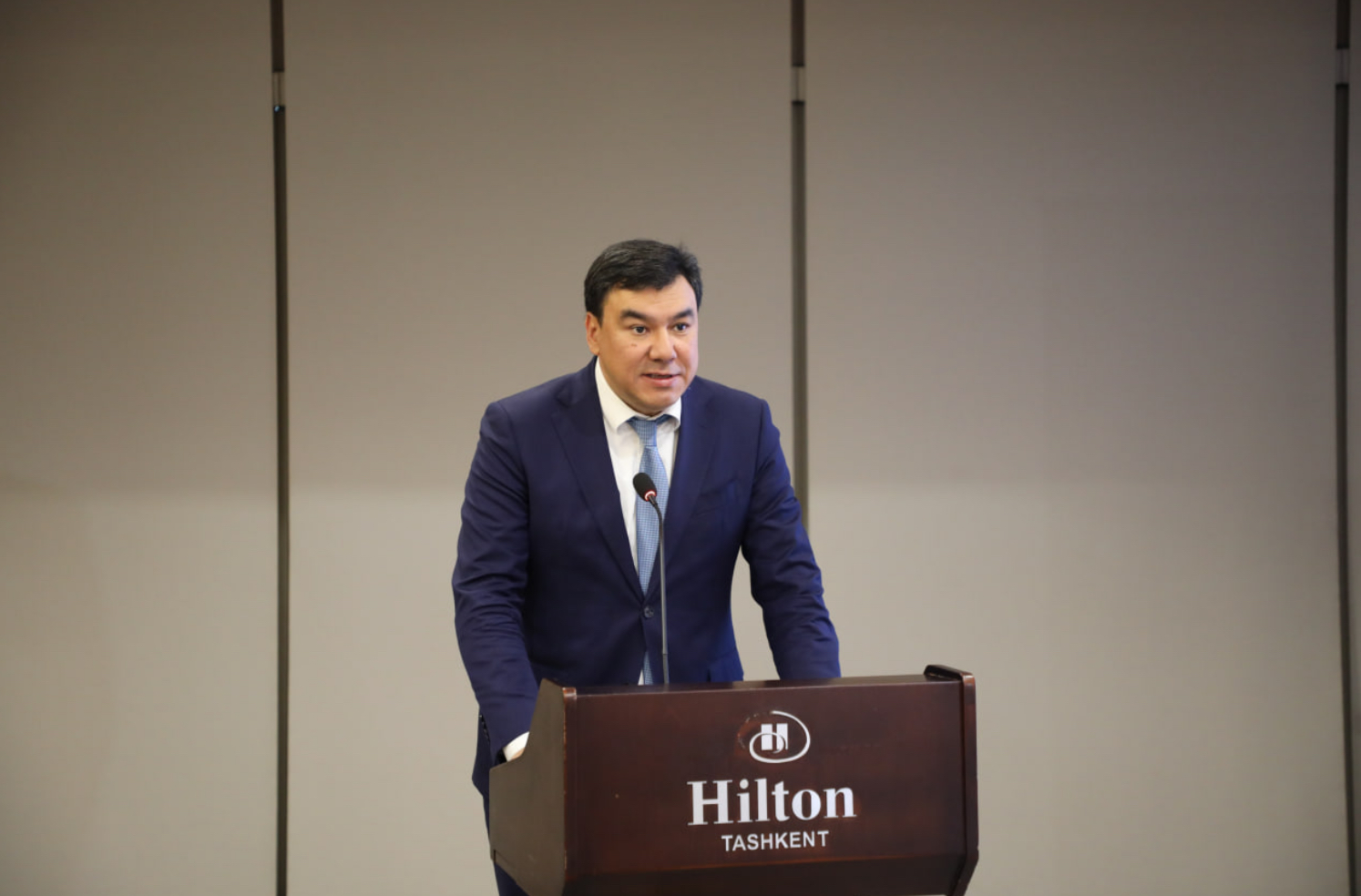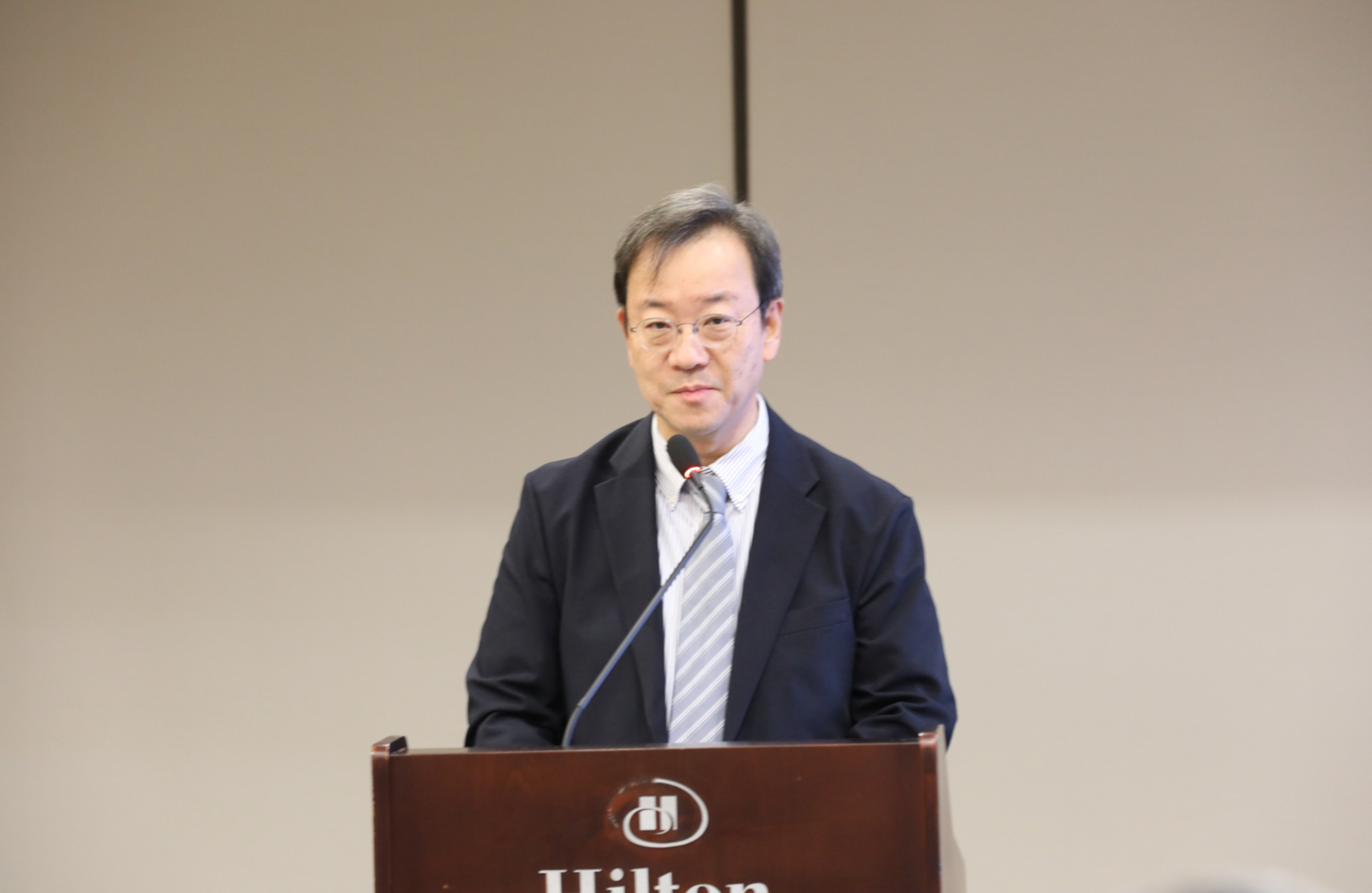The United Nations Development Programme (UNDP), in partnership with the government of Japan, has launched a $5mn regional initiative to enhance urban resilience to climate change and disaster risks in Central Asia. Spanning 2024 to 2027, the project, titled “Enhancing Urban Resilience to Disaster Risk and Climate Change in Central Asia,” aims to strengthen preparedness and adaptation in urban areas across Kazakhstan, Kyrgyzstan, Tajikistan, Turkmenistan, and Uzbekistan.

In Uzbekistan, the project will be implemented in collaboration with the Ministry of Ecology, Environmental Protection, and Climate Change. It focuses on fostering regional cooperation, advancing innovative urban planning, and integrating climate resilience strategies into national policies.
Central Asia is one of the world’s most vulnerable regions to natural hazards, including earthquakes, floods, and droughts. Over the past decade, these disasters have claimed thousands of lives and affected millions. Climate change is compounding these risks, disrupting ecosystems, water resources, and socio-economic systems.

Aziz Abdukhakimov, Uzbekistan’s Minister of Ecology, highlighted the urgency of the initiative:
“By the end of the century, average temperatures in Central Asia could rise by 3–5°C, intensifying extreme weather events like floods and droughts. This project is a vital step toward sustainable development in harmony with nature.”

“Japan’s expertise in disaster management and advanced technology will play a key role in this project. Collaboration is essential to address shared challenges and strengthen partnerships in the region,” Hatori Takashi, Japan’s Ambassador to Uzbekistan, emphasized Japan’s contribution.
Akiko Fujii, UNDP Resident Representative in Uzbekistan, stressed the importance of urgent action:
“Central Asia’s rapid urbanization requires climate-resilient infrastructure and planning. This project unites regional efforts to ensure sustainable development in the face of growing climate risks.”

The project addresses the rapid urban expansion in Central Asia, where urban populations in major cities have grown by 48% over the last two decades, according to the World Bank. This growth has placed significant strain on infrastructure, including energy, water, healthcare, and transport systems, making them vulnerable to climate-induced risks.
By leveraging existing regional platforms, the initiative aims to promote sustainable urban planning and resilience strategies, ensuring that Central Asian cities are better equipped to face climate challenges.
Follow Daryo's official Instagram and Twitter pages to keep current on world news.
Comments (0)